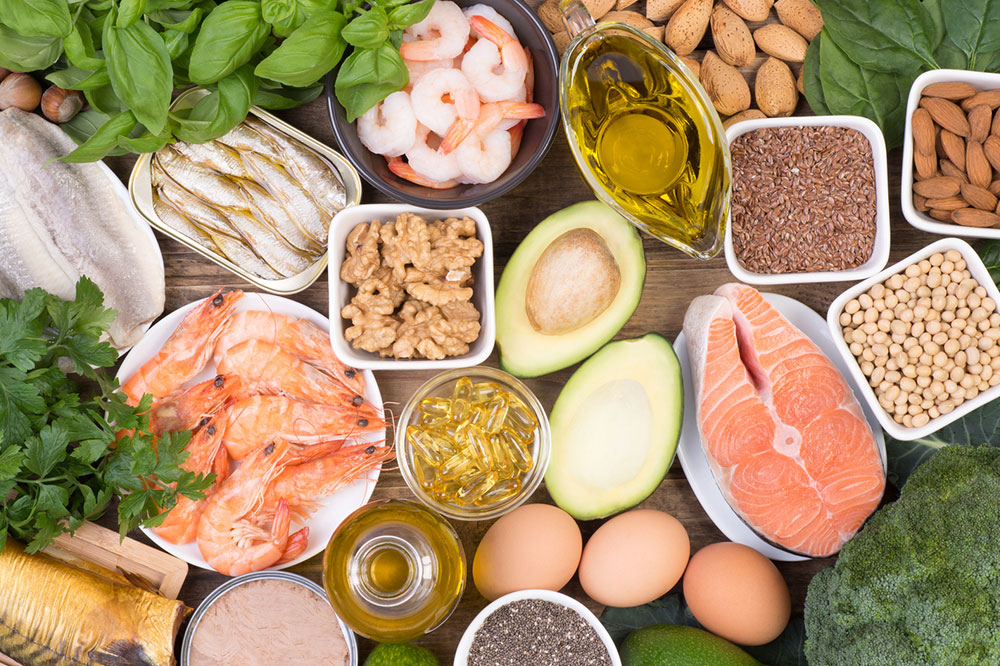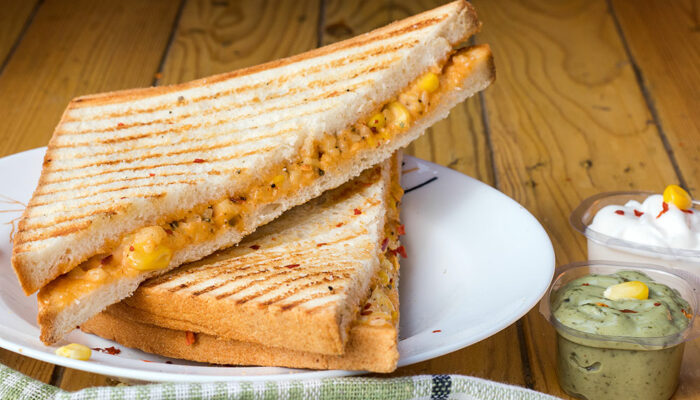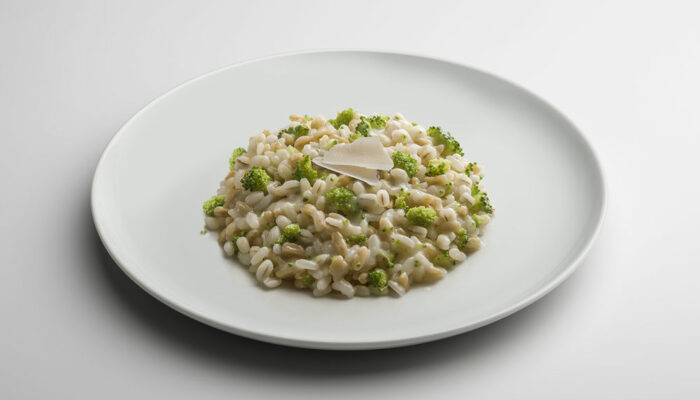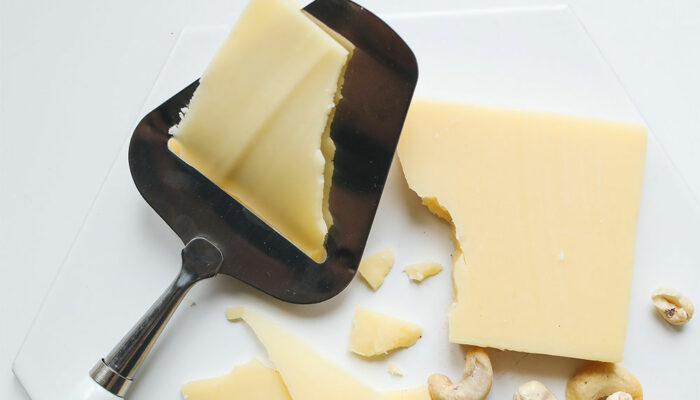
Eating Tips for Bipolar Disorder
Bipolar disorder is defined as the disorder associated with mood swings that range from depressive lows to manic highs. It occurs as a result of the combination of environmental and genetic factors. Symptoms of bipolar disorder include high energy, insomnia, loss of touch with reality, depression, etc.
Here are a few tips for patients with bipolar disorder regarding nutrition:
Balance blood sugar levels
- Sugar content in the blood has a direct relationship with one’s mood.
- The more unstable the sugar supply, the more one’s mood tends to be uneven.
- Eating high amounts of sugar can cause glucose spikes in the blood, causing irritability, dizziness, perspiration, bad concentration, thirst, depression, and even blurred vision.
- Refined sugar and carbohydrates are found to cause depression as they use up the B vitamins (those which enhance one’s moods).
Increase magnesium intake
- Magnesium is an essential mineral required by our body to function properly.
- Magnesium deficiency can cause insomnia, nervousness, depression, hyperactivity, confusion, fits, and various other adverse effects on the body.
- In some studies, magnesium was added to other treatments to control mania and rapid cycling.
- Magnesium plays a good role in helping with sleep, which is an important factor for bipolar disorder patients.
Avoid alcohol
- Alcohol and substance abuse are common in people with bipolar disorder due to their intoxicating effects.
- However, alcohol is a leading trigger of depression in people who are vulnerable to bipolar disorder or depression in general.
- While it might seem tempting to get out of touch with reality when affected by bipolar disorder, it’s crucial to stay out of the intoxication loop. If one’s already in it, they should speak to their doctor about finding the right ways to quit.
General tips
- Avoid a diet filled with meat, saturated fats, trans fats, and simple carbohydrates as these ingredients can increase the chances of developing obesity, diabetes, and heart problems.
- Eat foods rich in various nutrients that are good for health. Some of these foods are fish, vegetables, fresh fruits, lean meats, whole grains, low-fat dairy, eggs, nuts, seeds, etc.
- Non fried fatty fish like salmon, anchovies, and sardines contain omega-3 fatty acids, which are great for this condition. If one doesn’t eat fish, they can go for supplements, walnuts or flax seeds. Fish oil plays a role in the brain function of bipolar disorder and can positively affect the balance of one’s mood.
- Consume moderate amounts of caffeine and be careful when trying to quit as withdrawal symptoms can negatively affect bipolar disorder symptoms.
- It is essential to watch one’s salt intake as it can affect their blood pressure.
- If one is taking an antidepressant under the class of mao inhibitors, avoid foods that contain tyramine. Tyramine, combined with mao inhibitors, can cause hypertension in people, mostly not good for bipolar disorder patients. Some foods that contain tyramine are r ipe bananas, f ermented cheese, t ap beer, a ged meat, s oy sauce, and c ertain types of wines.



